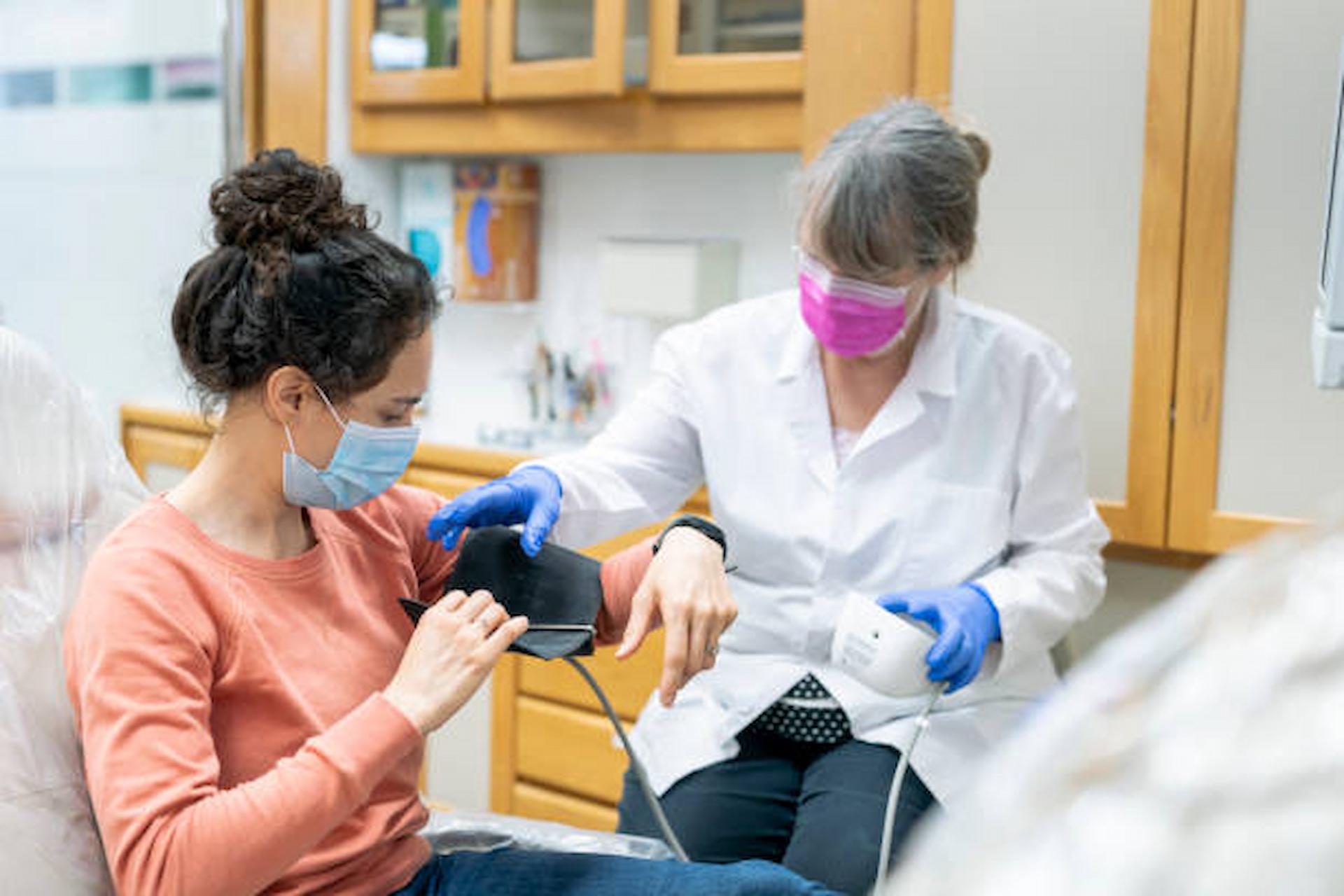This Q&A guide will help those planning new adult care activities, or those about to start enrolling, learn how to successfully complete CQC registration as quickly and easily as possible. Registration with the Commission for Quality of Care (CQC) is a requirement for every provider of adult services.
The stated role of the CQC Registration is to ensure that hospitals, nursing homes, general and dental offices and other care services in England provide people with safe, efficient and high quality care, and to encourage these providers to improve. It fulfils this role through checks in the registration process that all new help desks must pass, and through checks and monitoring of various data sources that may indicate problems with the services. As with other CQC reviews, the reports focus on whether the services provided are safe, efficient, thoughtful, prompt and well organized. CQC inspectors may require evidence that adult and child protection is being discussed in interdisciplinary meetings and that all policies are being followed.
They may also request information about managing access to sensitive information, such as a register of at-risk patients. In particular, they may be interested in exchanging information so that any issue can be resolved quickly and easily. There must be minutes to demonstrate to the CQC inspector that the meeting took place.
Make sure employees are aware of CQC and what is expected of each visit. If CQC requests information about complaints, it must be provided within 28 days. CQC may reject registration applications during initial checks before they are submitted to the registration inspector for evaluation.
CQC Registration states that this is usually done by introducing or modifying a registration condition; or suspend or cancel your registration. Once registered, suppliers are monitored by the CQC and must comply with all registration conditions. There are 14 regulated businesses and it is the responsibility of suppliers to check and verify that the business they wish to do is currently regulated by the CQC and therefore needs to be registered before offering that business.
Any primary care dental service, if not registered with the CQC, is illegal and therefore a criminal offence. Under section 12 of the Health and Welfare Act 2008, the CQC has the right to reject an application for registration if it is satisfied that “the requirements of the rules of section 20 and the requirements of any other act appearing in the CC are relevant. , are not and will not be observed (if applicable) in relation to the implementation of the regulated activity”.
Many service providers noted that the QCS has played an important role in providing CQC confidence in the core standards that the organization upholds. In light of the recent scandals, the CQC is closely examining the understanding of QA and human rights by providers and managers of adult care services. The best compliance management service providers have created end-to-end services to help the service provider with all aspects of the CQC compliance life cycle, from registration to compliance with current compliance requirements and annual review.
This ensures that all registered suppliers are subject to ongoing monitoring and verification systems to ensure standards are met. The law requiring aid agencies to register with the CQC is intended to protect people in need of home care.
Below are the questions the CQC asks to assess whether your activities are in compliance with regulations and meet the expected outcomes from your patients. Participation in the registration process allows CQC not only to verify your organization’s ability to provide high quality adult social care services, but also to verify the professional status and personal qualities of the key people who run the organization.
If you need to apply to be registered as a new health care provider, this guide explains what you need to do. If you are a new NHS health care provider, you can apply to register and be licensed as an NHS health care provider at the same time. However, from April 2012 after-hours specialist health care providers and NHS health centers will be required to register.
Final Words
Review CQC’s Registered Employee Registration Guidelines, Health and Social Assistance Act 2008 (updated 2012), including guidelines and standards. Whether you work for private clinics, research organizations, start-ups, or even as a volunteer, I believe that all physicians should at least know more about CQC and regulated activities. If you’ve practised medicine on the NHS, you’re most likely aware of the Commission on Quality in Care (CQC), but outside of inspections and hospital/surgical evaluations, you as a doctor probably don’t spend much time thinking about it. . Quality Control Systems (QCS) offer a unique approach to CQC compliance through an online service tailored specifically to your organization’s individual needs.




